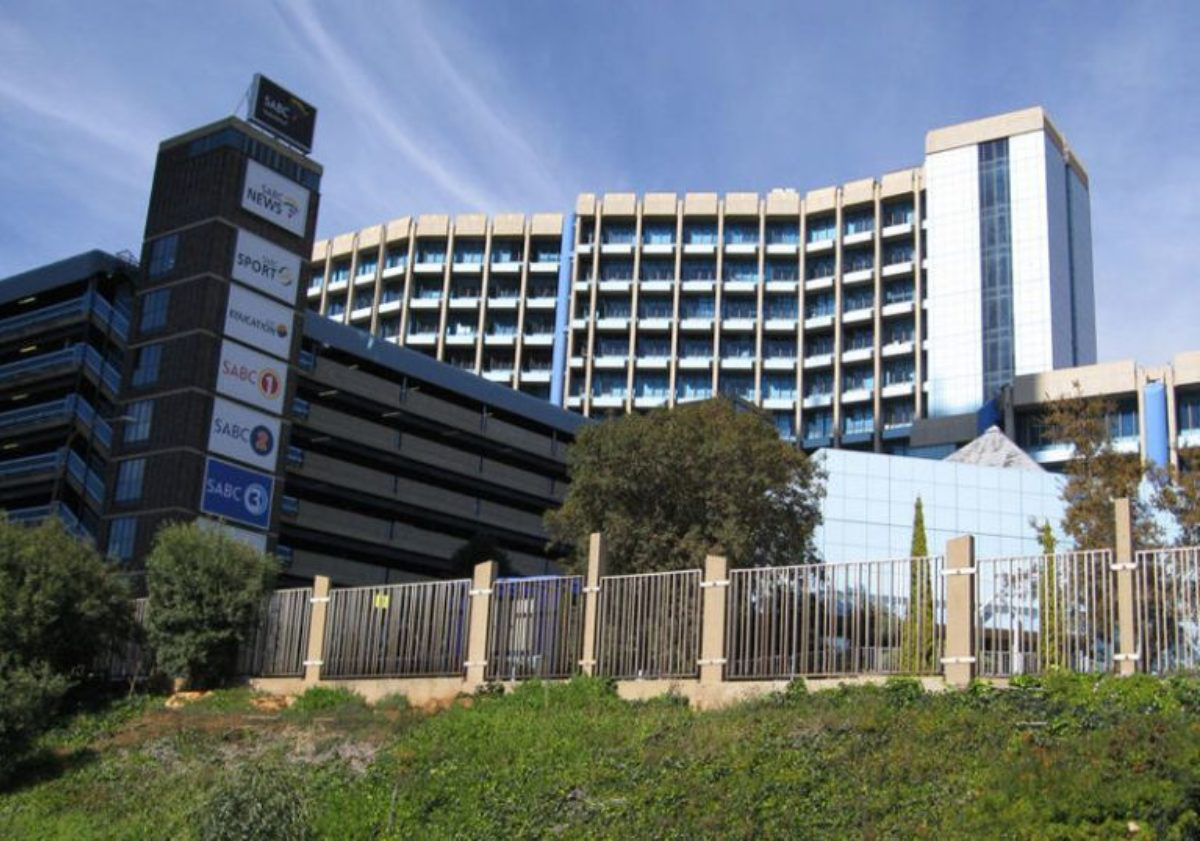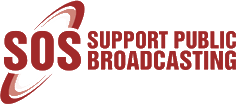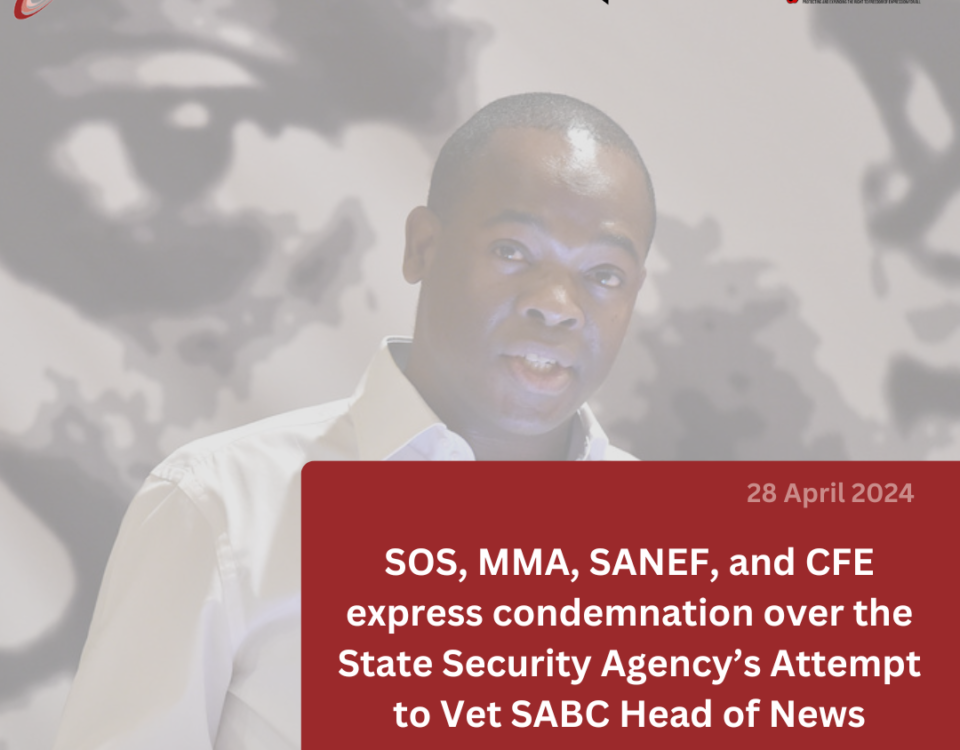
SOS welcomes the publication of the 2020 SABC Editorial Policies
July 3, 2020
SOS and MMA respond to Cosatu and CWU’s calls for the dissolution of SABC Board
August 21, 2020SABC at a Crossroads – A Call to Action
Noting:
- The Covid-19 pandemic and the interconnected climate crisis means that the SABC and its public broadcast mandate are now critically urgent in meeting the information, educational and social needs and building community resilience of all who reside in South Africa.
- Until the appointment of the current Board, the SABC paid minimal attention to the other huge shift being faced by the sector across the globe – the threats and opportunities presented by digital. Despite limitations on access to the internet, the future will be digital. This has already had profound impact on public broadcasters around the world and the SABC will not be immune to similar challenges.
- The historical legacy of Parliamentary inaction, state capture and Ministerial interference in the SABC board and management affairs has seen the SABC in crisis for much of the past two decades.
- The woeful public underfunding of the SABC: only 3% of its budget is met from direct public funding and 17% from television licence fees, forcing it to operate on a heavily commercialised basis, reliant on advertising, thereby undermining its public mandate and role as a public broadcaster in contributing to, as required by the Broadcasting Act, 1999 “democracy, development of society, gender equality, nation building, provision of education and strengthening the spiritual and moral fibre of society” and “safeguard, enrich and strengthen the cultural, political, social and economic fabric of South Africa”.
Further noting that:
- The Treasury-backed operating model developed by the current management and approved by the board is heavily reliant on cutting costs and driving increased commercial revenue, including a greater reliance on advertising and strategic business partnerships with commercial media.
- The ANC as ruling party, at several of its national conferences resolved to ensure that the SABC fulfils its public mandate as per the Broadcasting Act but its promises of increased state funding remain unfulfilled.
- Sentech, which was previously a part of the SABC and unbundled into an independent commercialised SOE by government in 1995, charges the SABC over R1bn or 14% of the SABC’s budget per annum for transmission charges.
- The SABC’s total annual budget of R7Bn is a small fraction of the state’s annual budget, and additional public spending on the SABC could reap significant rewards in terms of meeting the country’s development needs by way of support for educational, news, health and other public-focused content.
- The current expenditure of the SABC is at odds with its role as a public broadcaster. It cannot spend 42% of its budget on salaries and only 22% on content – this is the reverse ratio to all other broadcasters.
And believing that:
- The SABC must be serve the public interest in line with the Constitution, the Broadcasting Act, and the Electronic Communications Act to ensure that its content is progressive in nature as per its public interest mandate.
- The ruling party must be held to account and implement its resolutions and policies regarding public broadcasting, to ensure the health, education and well-being of our people are put before profits.
We therefore resolve to:
- Immediately embark on a joint campaign to ensure that the outcome of the SABC’s operating model is not a further-commercialised SABC.
- Our campaign is a call to action and we will be engaging a number forums, including, Nedlac, Parliament, ICASA, the Department of Communications and Technologies, and the SABC Board and Management to ensure positive responses from the following key roll-players:
-
- From the SABC, we demand that:
- its management and board set out a vision for public broadcasting that is focused on ensuring excellent local programming aimed at meeting the needs of the people of South Africa, both on-air and online
- it develops a substantially increased content budget to attract and retain audiences while also preventing further job losses in the independent production sector
- it right-size the organization so it becomes fit for purpose and engage in cost cutting only in the service of meeting its public mandate
- staff retrenchments be done rationally, reasonably and in accordance with all relevant labour laws
- it engage with civil society formations, representing the youth, the disabled, the working class, religious groupings, other interested stake-holders, and the general public through public forums which are formally constituted and regularly held to foster public accountability with regard to public mandate-content issues.
- From the SABC, we demand that:
- From government and Parliament, we demand that:the direct public funding of the SABC from funds appropriated by Parliament be significantly increased to 60% of budget by 2023 in line with repeated ruling party resolutions and be ring-fenced to support unfunded educational, news and heath/Covid-19-related programming with a focus on meeting the developmental needs of the populationSentech’s signal distribution costs for public broadcasting be significantly reducedthey respect the SABC’s independence and focus on enhancing the ability of the SABC to turn the desperate situation around.
- From the Minister of Communications and Digital Technologies, we demand that she:
- urgently publish draft amendments to the Television Licence Fee Regulations to ensure that providers of subscription television services collect the television licence fee from their subscribers on behalf of the SABC where subscribers cannot provide copies of an existing valid TV licence, thereby doubling the SABC’s TV licence revenue
- embark on a public consultation process with a view to developing policies to ensure that audio-visual content services provided or aggregated over the internet such as Amazon Prime, Netflix, Facebook and Google to contribute to our economy via appropriate taxation mechanisms which are ring-fenced to contribute to local content production
- ensures that all people in South Africa have access to fast, cheap reliable broadband internet.
- From ICASA, we demand that it review all regulatory processes, including subscription regulations, must-carry regulations, and sports-broadcasting regulations to support the public broadcaster’s financial viability and public service mandate.
ENDS

